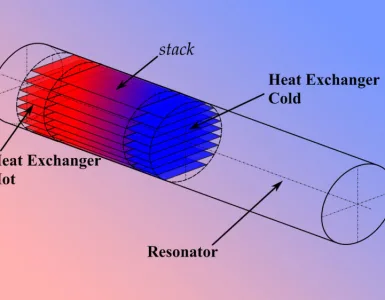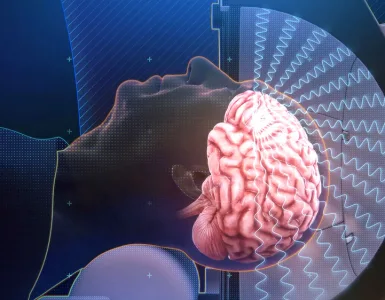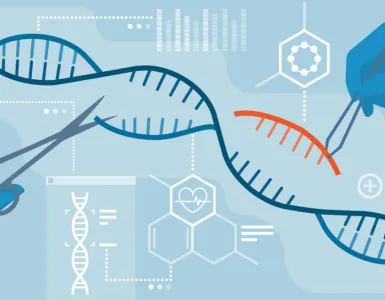According to the World Health Organization, depression is a leading cause of disability worldwide and the disease affects more than 360 million people each year. The risk of being affected is affected by both genetics and environmental factors.
The most commonly prescribed antidepressant-like Selective serotonin reuptake inhibitors (SSRIs) takes a long time to word and has more side effects, which lead to the discovery of a new type of antidepressants like ketamine, which are faster, but it has side effects like hallucinations and delusions, which risked it to be a drug of abuse. Ketamine – a known psychoactive drug can cause other negative effects like fatigue, restlessness, anxiety, dizziness
An increased and excessive release of glutamate has long been associated with stress, depression, and other mood disorders. In the journal Molecular Psychiatry, a team led by Vesna Lazarevic from the Karolinska Institute in Stockholm is now reporting on the results of cell and animal experiments with ketamine and an active metabolite. the researchers were able to show that ketamine reduced the so-called presynaptic activity and the sustained release of the neurotransmitter glutamate so lowered glutamate levels may explain certain effects of ketamine.

The researchers when injected ketamine into the prefrontal cortex of a mouse’s brain, they observed reduced levels of extracellular glutamate within half an hour, and the same was found to be true in normal mice just like the one that showed signs of depression.
“These effects could contribute to the efficacy of ketamine to instantly alleviate depressive symptoms and suicidal ideation, taking into account that excessive glutamate levels have been linked to MDD and other mood disorders,” wrote Lazarevic in the paper.
Further microscopic analysis revealed that ketamine affects the release of adenosine – a neurotransmitter, from the same neurons that otherwise receive glutamate. Adenosine stops the production of extra glutamate, as soon as it enters the presynaptic neurons. When researchers blocked ketamine receptors on the postsynaptic neuron to test its role, they were able to completely prevent the decrease in glutamate from the presynaptic neuron.
“This suggests that the antidepressant action of ketamine can be regulated by a feedback mechanism. It is new knowledge that can explain some of the rapid effects of ketamine,” says coauthor Svenningsson, a professor at the Department of Clinical Neuroscience, Karolinska Institute.
Though oral ketamine provides relief to many such depression patients who are resistant to other antidepressants, its use is limited to its side effects. the same research group has also recently reported on the disease mechanism in depression. A lot about the mechanisms of side effects of Ketamine are yet to be discovered. Which if we do, then drug engineers could one day use the same antidepressant effect of glutamate, synthesize an alternative drug with far fewer side effects. This study is only tested on animal models and hasn’t gone through clinical trials in humans, which is hopefully soon to be done.














Add comment